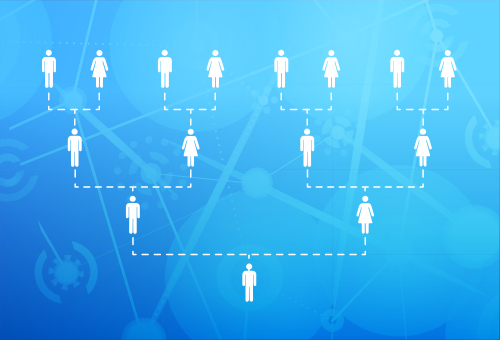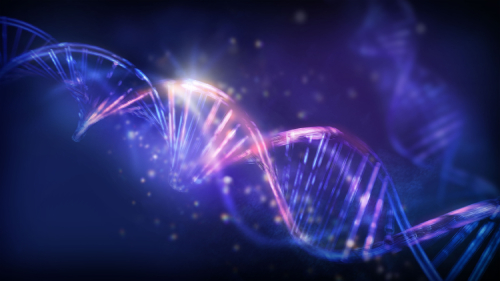
Family history of cancer is a risk factor and predictor of who may develop lung cancer, and when, according to recent study findings.
The study, which was published in Lung Cancer, used data from the Thoracic Tumors Registry, a nationwide database sponsored by the Spanish Lung Cancer Group, to perform 2 analyses using artificial intelligence (AI).
From August 2016 to June 2020, the researchers reviewed differences between patients with lung cancer based on family history of cancer. The median age at diagnosis in patients who had family history of cancer was 63.7 years, while those with no family history of cancer had a median age of 64.8 years. Most patients in the study were White women and formerly smoked, with an Eastern Cooperative Oncology Group (ECOG) performance status of 0 to 1. Stage IV lung cancer was most common (46.6% with family history of cancer vs 48.95% with no family history of cancer). Moreover, EGFR-mutated disease was more prevalent than ALK, ROS1, KRAS, and BRAF.
The first analysis included 11,684 patients, of which 5,806 had family history of cancer. Study findings showed a median overall survival rate of 23 months in patients with a family history compared with 21 months in patients without FHC (P < .001).
In the phase 2 analysis, 939 of 5,788 patients had a family history of cancer, and among them, women with a family history of cancer were at a greater risk of lung cancer (58.4% in women vs 41.5% in men).
Moreover, the researchers discovered that family history is a risk factor and predictor of lung cancer development, especially in people under age 50. Just over 12% of patients under 50 years have 2 or more affected relatives, the researchers reported.
When examining genetic alterations associated with lung cancer, the researchers found that 9.5% of patients had an EGFR or HER2 mutation or ALK translocation and at least 1 relative with cancer. In addition, nonsmokers with a family history of lung cancer were more likely to have EGFR-mutated NSCLC.
“AI-assistance analysis is an emerging tool that can help us to improve the collection and interpretation of clinical data and should be further explored and enhanced to be incorporated into routine practice,” the researchers said.
Source: Lung Cancer







 © 2025 Mashup Media, LLC, a Formedics Property. All Rights Reserved.
© 2025 Mashup Media, LLC, a Formedics Property. All Rights Reserved.